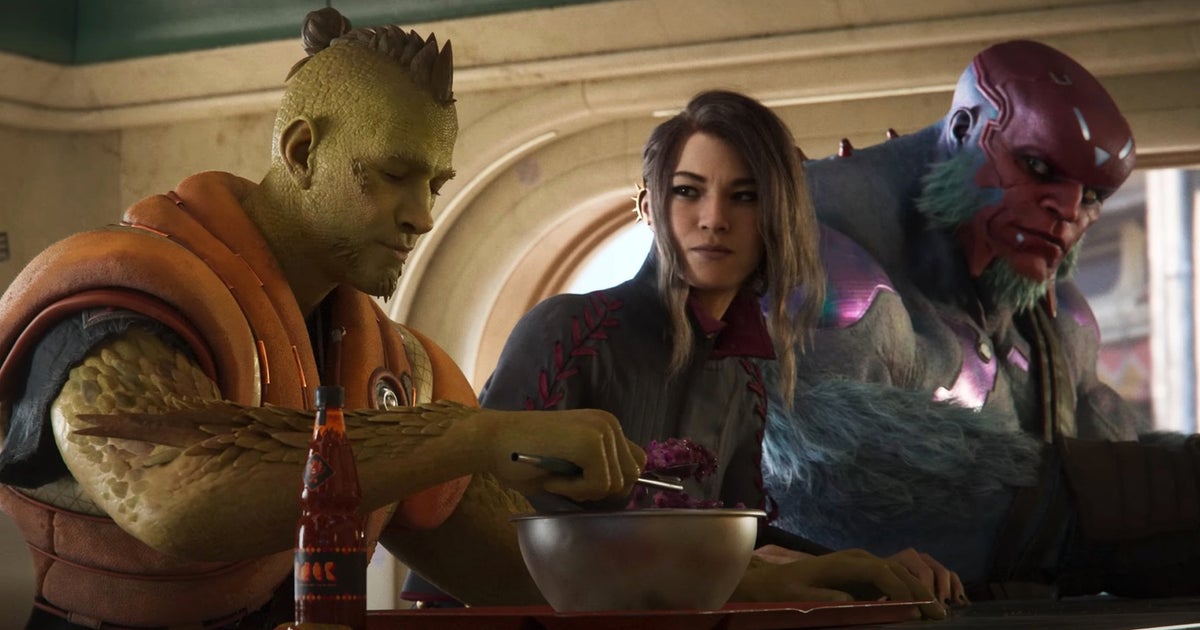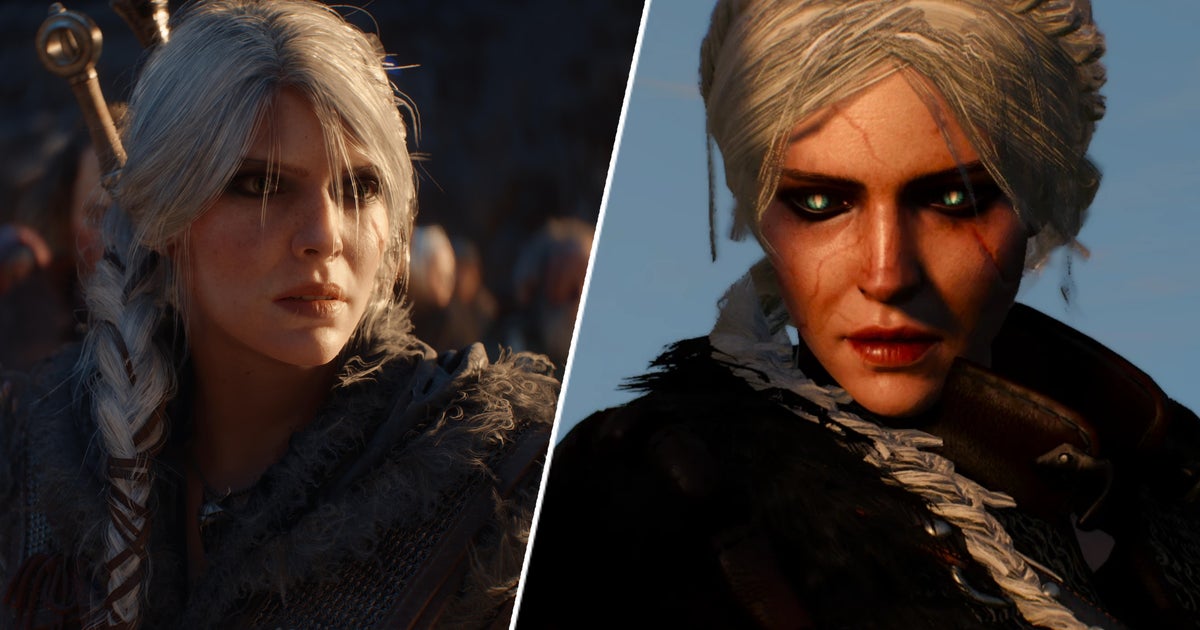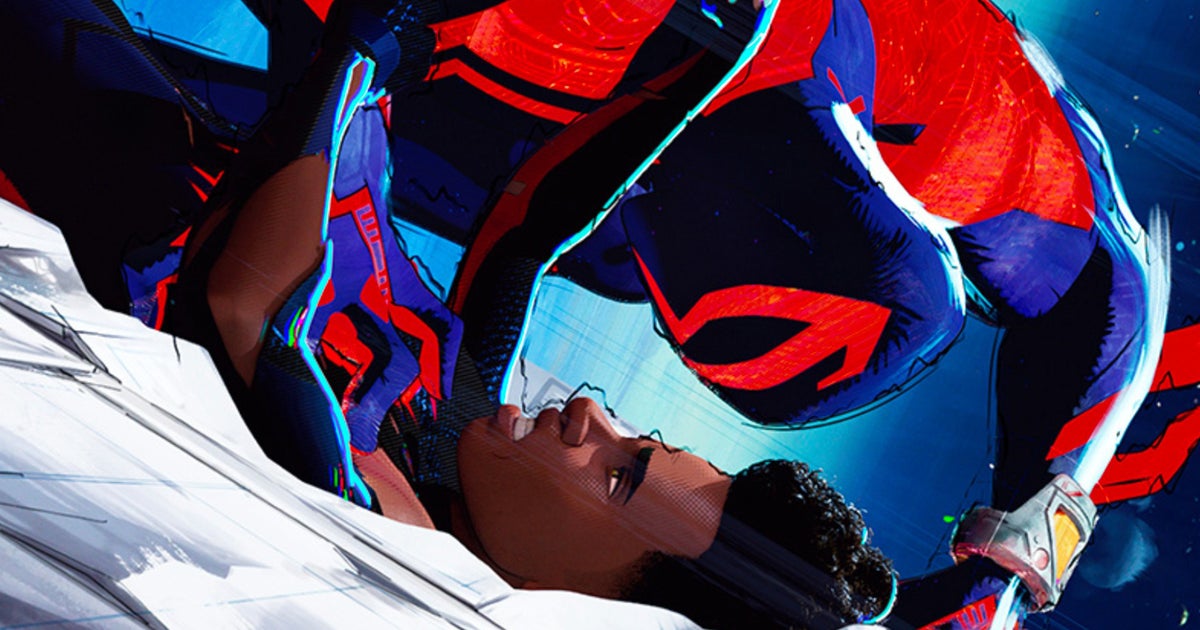I’ve never played Dead Cells, but I’ve heard about it from damn near every corner of the internet over the years. The revered roguelike and Metroidvania platformer is one of the runaway success stories of the late 2010s indie space, and it’s only continued to grow in status over the years thanks to the support that Motion Twin—and specifically Evil Empire, the studio it founded to continue Dead Cells’ development—have thrown its way. Naturally, the established pedigree made the announcement of the studio’s upcoming game, Windblown, an exciting prospect.
Windblown is a roguelike in which you slay your way through procedurally generated levels earning randomized rewards, including skills, passive abilities, and weapons, eventually facing off against a boss and moving between biomes. In that manner, Windblown is exceedingly similar to what’s come before. However, this new game sees Motion Twin moving the action into 3D, adopting an isometric angle and cartoonish style, as well as a lighting-fast pace. I was fortunate enough to recently play a bunch of Windblown’s early sections, and while it’s still missing a hook to make me want to jump endlessly into its vortex of floating islands, it’s definitely got the makings of stellar-feeling roguelike. It’s also one of the fastest games I’ve ever played.
That last point is perhaps the single biggest thing to understand about Windblown, which is officially releasing into Early Access later this month on October 24. Windblown mostly moves at the player’s pace, but it encourages you to be lightning fast. It’s got a wickedly expressive dash that makes you feel like you’re traveling at the speed of light as you zip between two points and it only moves faster the more you teleport between different platforms. It’s also crucial to Windblown’s exploration, as the only way to travel across the game’s maps, which are entirely composed of floating islands, is via this dash.
Combat is also mostly over in a flash in Windblown, building off of that zippy dash. Encounters in the early segments of this roguelike rarely overwhelm, and more often than not you’ll be dealing with one heavy and a pair of grunts or the inverse. In order to efficiently cut through them, you have to get comfortable dashing around and behind enemies to create openings for yourself. Luckily, there are also mechanics that quicken things and provide flashy finishes.
For example, every weapon has a built-in critical hit. For certain large swords, for example, the critical hit will always be the final swing. A pair of small blades allow for critical strikes when attacking an enemy from behind, and throwable kunai knives build up cursed energy until enemies eventually burst. Additionally, there are two mechanics that unlock after a few runs called alter attacks and crystallizing, which ramp up the damage and pace of a fight dramatically. The former triggers a bonus super move from your secondary weapon after completing a combo string with your primary one, which will usually guarantee bigger damage, a debilitating effect on the enemy, and some much-needed invincibility frames. Crystallizing triggers a showy execution once an enemy is most of the way through their HP, and is good for earning resources, though passive upgrades can make moves like this restorative or allow it to generate some kind of overshield. The result of all of these mechanics in conjunction? Windblown prioritizes speed and optimization above all else, but manages to stay approachable and satisfying as you blow past the same enemies more quickly than ever.
Much of the rest of Windblown plays things pretty safely. There are frequent detours in the procedural level design where you can break from the main path to face optional encounters, which in return grant upgrades that modify your existing skills, trinkets which deploy special moves outside of your two main weapons, and more. Throughout your run, you’ll also be able to unearth small secrets tucked away in the environments, save characters that return to your hub and unlock features, and build up resources that feed into Windblown’s meta systems, such as persistent skills and unlocks. Windblown’s systems are far tamer than the moment-to-moment action of a run, but when you’ve got such a solid foundation, I understand why you wouldn’t necessarily rock the boat too much.
Additionally, the story and writing of Windblown is easily its weakest component so far, consisting of a bunch of anthropomorphic characters on a grouping of islands called The Ark trying to stop a huge vortex from ripping apart further worlds. It’s cute and simple enough to barely matter, but there are moments—like when a character actually says “ROFLMAO”—that are cringier than they ought to be.
Windblown’s biggest feature that I didn’t get around to sampling is the game’s multiplayer. Normally, players will be able to form parties of three lightning-fast warriors to take on a run. The feature can be toggled from the main menu, a quirk I discovered later than expected, hampering my ability to join in on any multiplayer fun during the preview period. Due to that, I can’t tell you how well it actually works yet, but if you’ve been looking for bite-sized procedural action to take on with some friends, Windblown may be a game you want to keep an eye on!
I enjoyed Windblown far more than I expected to. I don’t know if it’ll build a compelling enough world or fiction to pull me in, but if you’re in the mood for something fast and loose—say a game that you can easily complete a few runs of in an hour or two—Windblown feels like a sure thing. Motion Twin is looking to build this thing up alongside its community much like it did with Dead Cells, and if that game’s arc is any indication, not only is Windblown in exceptional hands, but we might just have the industry’s next big roguelike on our hands.




